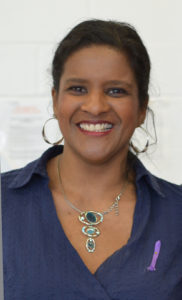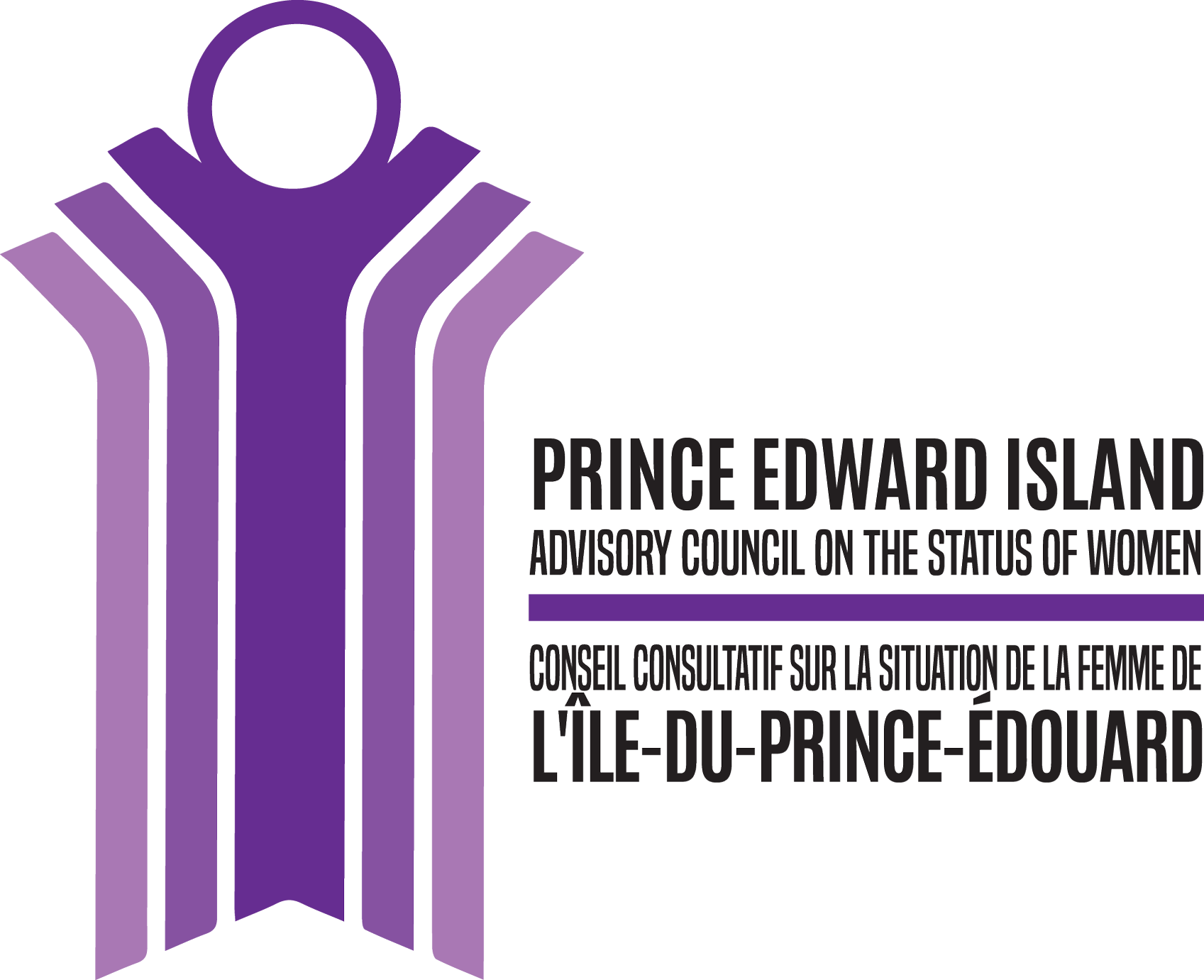 A month into spring, the sun is shining and the days grow longer. Ordinarily, our thoughts turn to spending more time outdoors, socializing with family and friends, and lazy days at the beach. Not this year. This year the world is confronting a challenge none of us has encountered in our lifetime.
A month into spring, the sun is shining and the days grow longer. Ordinarily, our thoughts turn to spending more time outdoors, socializing with family and friends, and lazy days at the beach. Not this year. This year the world is confronting a challenge none of us has encountered in our lifetime.
For me, Equality Day in Canada 2020 was particularly poignant. April 17th marks the coming into force of Section 15 of the Equality Provisions of the Canadian Charter of Human Rights and Freedoms Act, 1985. It serves as a reminder that although things have improved for some, we still live in an unequal society. There is much work to be done to lift people out of poverty and to remove barriers, allowing each of us to fulfill our potential.
Normally when I am writing, I choose a topic I am passionate about and the piece writes itself. This has not been the case. My topic, Gender Inequality relating to COVID-19, is an important one. The harsh realities this pandemic has exposed cannot be ignored, yet I couldn’t find the words. I knew what I wanted to say but didn’t know how to say it. I wanted to write about how COVID-19 has buried its tentacles deep into our society and revealed the cracks therein. How, once again, women and marginalized populations are the ones who will bear the brunt. As I fought to get my thoughts on paper, I realized I was struggling under an apathy induced by worry and uncertainty over the future.
I know that I am lucky. As a woman, as a visible minority, and as an immigrant, I have much to be grateful for: I have space to get outdoors, and a comfortable home where I love and am loved; we currently have income and serviceable transportation; I am able to make essential trips into town for medical appointments and to purchase necessities. I know that countless women do not share my good fortune. For these women life was tough before the pandemic. COVID-19 has exacerbated existing problems and created new challenges.
Research by Statistics Canada shows women head the majority of single-parent households; are most often the unpaid carers for family, friends, and neighbours; perform a second shift at home after finishing paid work; and are more likely to hold insecure part-time or seasonal jobs – jobs that rarely offer healthcare or pension benefits. Much of this stress goes unseen. Women have grown adept at managing, juggling multiple demands on their time and energy while trying to keep their families afloat. COVID-19 has laid these struggles bare.
For many women, the realities are immediate and urgent. Government food giveaways are a fantastic support if they are able to access them; without a car options are limited. Single mothers are left with unenviable decisions. Do they take their children with them when making essential trips? Public-health directives advise against this but what choice do mothers have with no childcare or family supports available outside their households? Often they run the gauntlet of public censure and possible involvement of child protection agencies. For women caring for those with special needs respite is no longer available, so they carry the burden alone, beyond the point of exhaustion. It is frightening to think of the mental, emotional, and physical toll COVID-19 is taking on these women, who shoulder so much responsibility and whose efforts go largely unsupported and unrecognized.
Finally, what of women in abusive situations? Forcibly confined and isolated with their abuser, COVID-19 has created a pressure cooker of fear and uncertainty that can lead to explosions of violence, endangering the lives of women and children. Globally, countries are recording a spike in the incidence of intimate partner violence and are proactively seeking ways to tackle the issue. Governments are increasing funding to shelters and support groups. PEI’s own provincial government has publicly emphasized the vital message that seeking help for abuse is an essential service and has made its supports and plans public. Violence prevention agencies are finding innovative ways for victims to connect remotely.
We can emerge from this pandemic as a stronger and better society. We can do this by holding fast to a vision of a brighter future but only if we meet the needs of the marginalized and most vulnerable members of our communities first.
Debbie Langston, Chairperson
PEI Advisory Council on the Status of Women
Related media articles:
- Online, The PEI Guardian, April 29, 2020: GUEST OPINION: What COVID-19 reveals about gender inequality
- Online, CBC PEI, May 6, 2020: COVID-19 taking toll on ‘exhausted’ moms, says P.E.I. Status of Women


